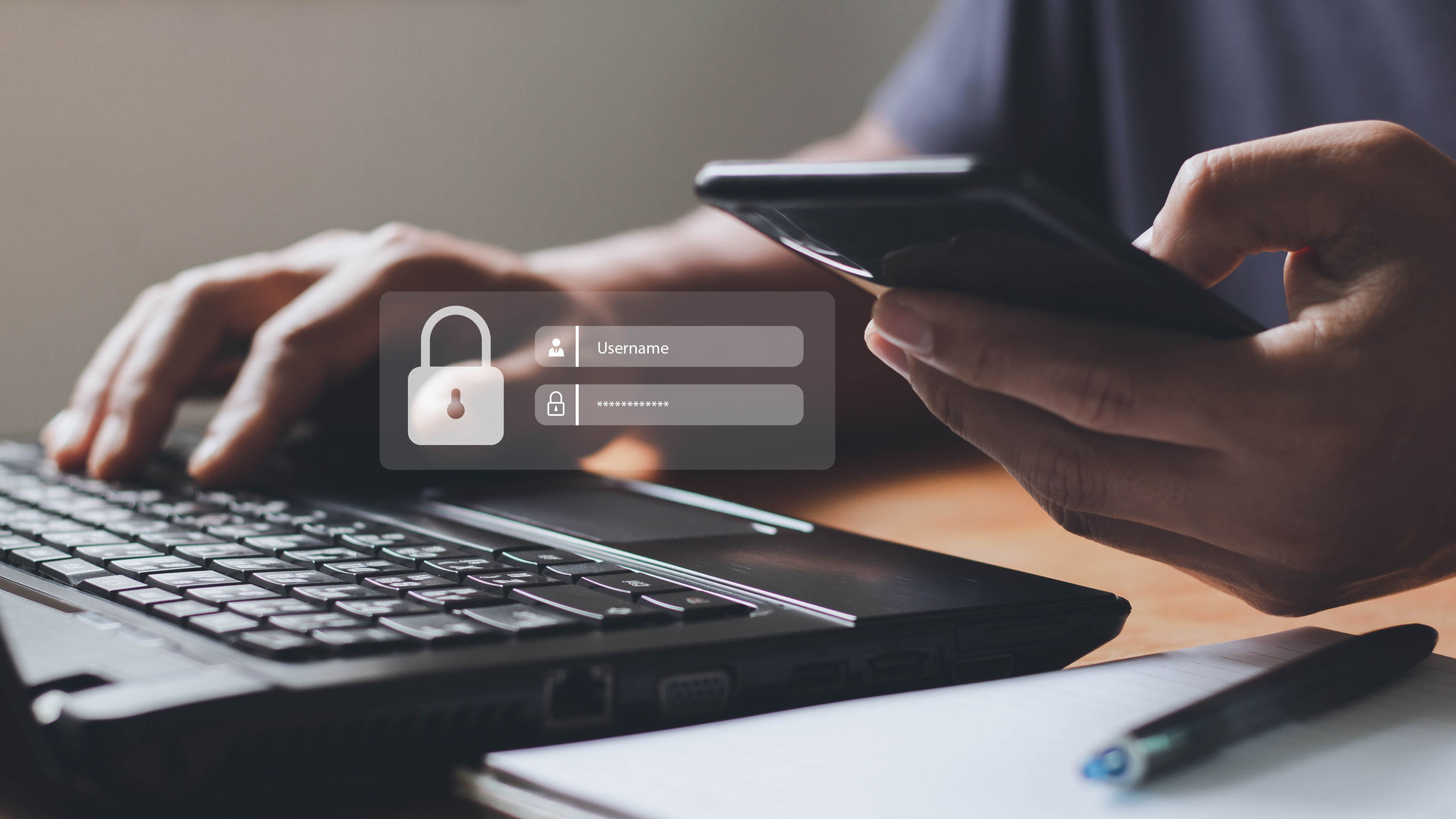In this digital age that we’re in, having a stable and secure internet connection is a must. Whether you’re streaming your favourite shows, working from home, or staying connected with friends and family, you rely on your internet connection for a lot.
But do you know how to keep it safe from unwanted intruders?
We want to explore the different types of internet connections, why securing them is crucial, and how you can protect your connection and your sensitive information.
Understanding Internet Connections
Before we dive into securing your internet connection, let’s take a quick look at the most common types of internet connections you’re likely to encounter:
1. Wi-Fi (Wireless) Connection:
Commonality: Wi-Fi connections are prevalent in homes, offices, and public spaces.
Convenience: They offer the flexibility to connect multiple devices without physical cables.
Vulnerability: Without proper security, Wi-Fi networks are susceptible to unauthorized access. In public places, malicious actors can broadcast signals that pretend to be your favourite coffee shop. An unsuspecting user can find all their traffic being monitored and personal data being stolen.
2. Ethernet (Wired) Connection:
Commonality: Ethernet connections use physical cables and are common in homes and offices.
Stability: They often provide faster and more stable connections compared to Wi-Fi.
Security: Wired connections are generally considered more secure due to the physical nature of the connection.
Why Secure Your Internet Connection?
Securing your internet connection is vital for several reasons:
1. Protect Your Data: Without proper security measures, your data can be intercepted and accessed by cybercriminals. This includes personal information, login credentials, and sensitive documents.
2. Prevent Unauthorized Use: Unsecured Wi-Fi networks are an open invitation for unauthorized users. You don’t want strangers leeching off your bandwidth or engaging in malicious activities using your connection.
3. Avoid Legal Consequences: If your internet connection is used for illegal activities, you could face legal consequences. Securing your connection helps ensure that you’re not held responsible for someone else’s actions.
How to Secure Your Internet Connection
Now that you understand the importance of securing your internet connection, let’s explore some steps to safeguard your online experience:
1. Set a Strong Password:
For Wi-Fi: Change the default Wi-Fi password to a strong, unique one. Use a combination of letters, numbers, and special characters.
For Router: Ensure your router’s administrative password is strong to prevent unauthorized access to its settings.
2. Enable WPA2 or WPA3 Encryption:
For Wi-Fi: If available, use the latest encryption standard, WPA3, to encrypt your Wi-Fi network. This provides a higher level of security compared to older encryption methods. At minimum, use WPA2.
WPA and WEP technologies have been compromised and stealing data from these types of connections is now trivial to a motivated attacker.
3. Update Your Router’s Firmware:
Regularly check for firmware updates for your router and install them. Updates often include security patches that protect against known vulnerabilities.
4. Use a Firewall:
Enable your router’s built-in firewall to block incoming malicious traffic. Additionally, consider using a software firewall on your devices.
5. Disable Remote Management:
Turn off the remote management of your router. This prevents outsiders from accessing your router’s settings.
6. Guest Network:
If your router supports it, set up a guest network with a separate password. This isolates guest devices from your main network.
By following these steps, you can significantly enhance the security of your internet connection and enjoy a safer online experience. Don’t wait until it’s too late—start securing your connection today!
Remember, a secure internet connection is not only about protecting your data but also about ensuring a smooth and worry-free online experience. Stay safe and connected!
